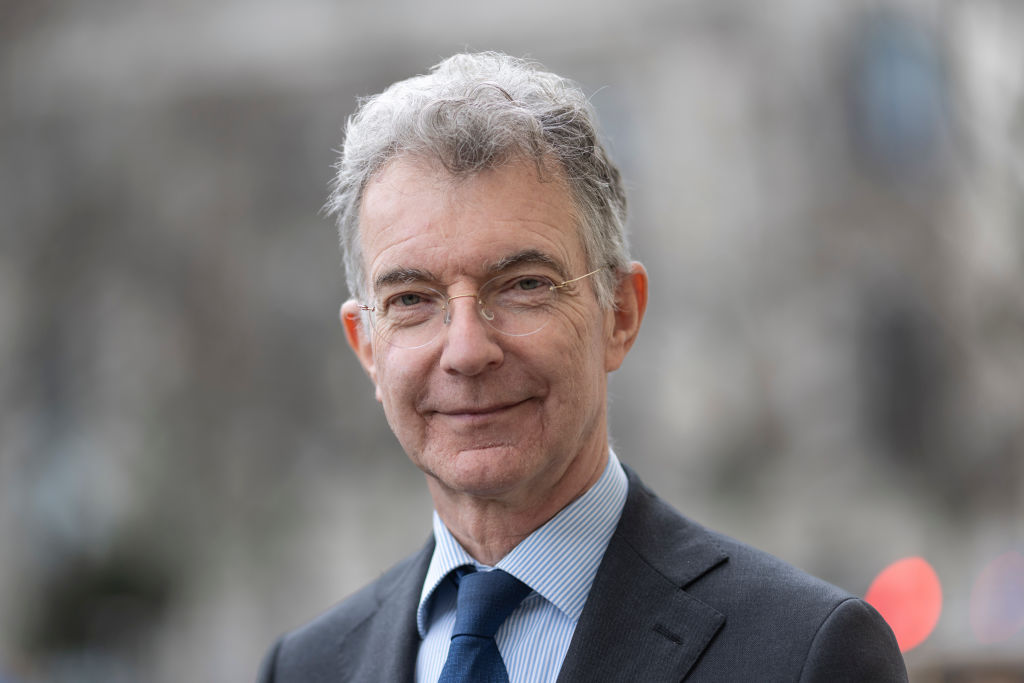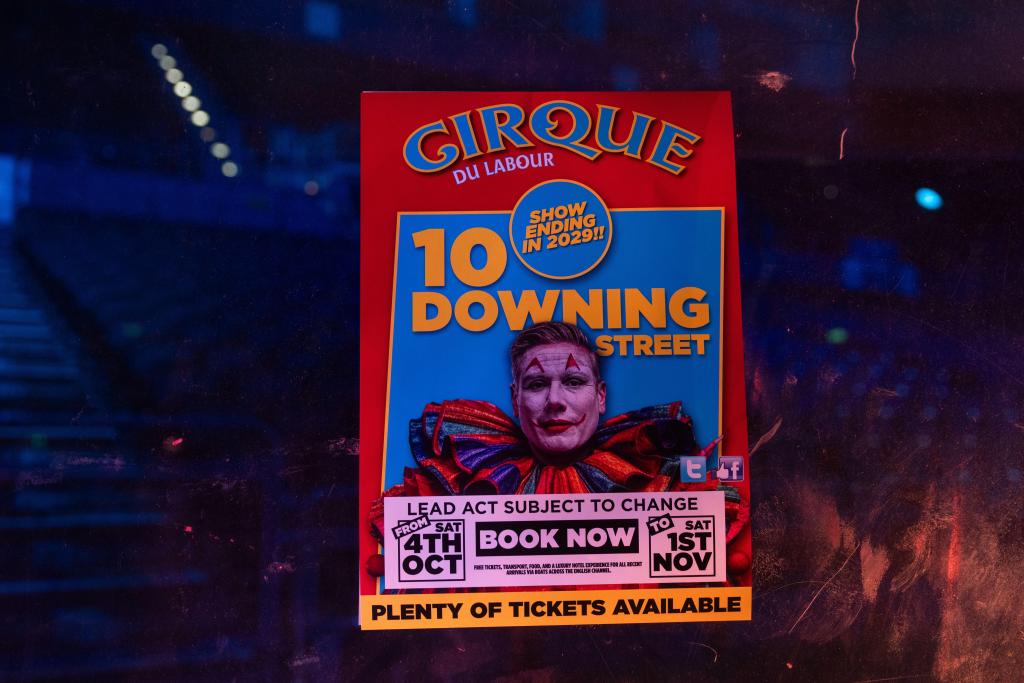Historians will look back on the tears of Christoph Heusgen as a defining moment of the early 21st century. When the German began blubbing as he wrapped up the Munich Security Conference last Sunday, he wasn’t just crying for himself but for all his generation who believed that the collapse of Communism had marked the ‘end of history’.
The phrase was coined by the American political scientist, Francis Fukuyama, in his 1992 book of that name. He claimed that the end of the Cold War was the ‘end-point of mankind’s ideological evolution and the universalisation of western liberal democracy as the final form of human government’.
Fukuyama is a Baby Boomer, as is Christoph Heusgen. They were both born in the early 1950s. The political flowering of this generation coincided with the fall of the Berlin Wall and heralded a new confident and optimistic era at the start of the early 1990s. The liberal international order, which emerged from the second world war, had triumphed and the future belonged to progressives and globalists.
Heusgen helped shape this new world. Between 1990 and 1992, he was deputy head of a section responsible for negotiations on the Treaty of Maastricht, the EU’s founding treaty that heralded ‘a new stage in the process of European integration’.
In 1999, Heusgen was appointed director of the policy unit in the General Secretariat of the Council of the EU. When Angela Merkel became German chancellor in 2005, she selected Heusgen as her foreign policy and security adviser, a position he held for 12 years until he was named permanent representative of Germany to the United Nations.
It was at the UN in 2018 that Heusgen was seen smirking as Donald Trump warned Germany of the danger of being over reliant on Russian energy.
Heusgen always preferred the company of Democrats to Republicans. In June 2016, he gave a speech at the American Academy in Berlin in honour of Samantha Power, the United States permanent representative to the United Nations. Power had been awarded the Henry A. Kissinger prize for ‘exceptional contributions to transatlantic relations’. In his speech, Heusgen praised Power’s ‘liberal idealism’ and her powerful advocacy of ‘military intervention on moral grounds’.
Power, incidentally, was chosen by Joe Biden in 2021 to head the United States Agency for International Development (USAID), recently described by Elon Musk as ‘a viper’s nest of radical-left Marxists who hate America’.
By the end of 2016, Heusgen’s ‘liberal idealism’ had been shaken. First the British voted to leave the EU, and then America elected Donald Trump as its 45th president. Both events were chronicled in an article in Time headlined ‘The Populists’. Heusgen confessed to Time that he found the events ‘very confusing’.
Time described Nigel Farage as ‘a kind of roving ambassador for Trumpism… giving speeches and campaigning for the dawn of a new world order – or at least the destruction of the old one.’
Farage told the American magazine that he was in ‘no doubt that the European project is finished. It’s just a question of when.’
Brexit didn’t finish the EU, but Trump’s second presidency might. He is the inspiration for a new generation of European politician who have all risen to prominence since 2016: these aren’t Boomers but Generation Xers, and they have no time for the liberal idealism of their elders that they hold responsible for the inexorable decline of Europe in the last 30 years. They include Italy’s Giorgia Meloni and her deputy PM, Matteo Salvini, France’s Marine Le Pen, Geert Wilders in Holland, Alice Weidel in Germany and Spain’s Santiago Abascal.
Heusgen’s generation have ruined Europe economically, militarily, educationally, socially and culturally
They celebrated the speech given by J.D. Vance at the Munich Security Conference last week. Weidel – who later had talks with the American vice-president – called it ‘excellent’. Wilders thought it ‘great’ and Salvini praised Vance for his ‘clear ideas’ and urged his 1.5 million followers on X to listen to what he said.
This was the same speech that reduced Heusgen – the chairman of the conference – to tears and led him to warn delegates that ‘we have to fear that our common value base is not that common anymore’.
It was a response shared by many boomers, the arrogant and self-absorbed generation whose time is up. From Thierry Breton – a former European commissioner – to German Chancellor Olaf Scholz to Alastair Campbell to Joseph Borrell, the EU’s former foreign policy chief; all found Vance’s speech repellent. Breton called it an ‘humiliation’. The fact it was given by a millennial like Vance must have made it doubly so.
Vance’s boss is reviled even more, perhaps because as a boomer himself Trump is regarded as a traitor to his generation. Daniel Cohn-Bendit, who led the student protests in Paris in 1968 and was for many the figurehead of his generation, has compared Trump to Hitler.
Angela Merkel berated Trump in her recent memoir that was published in the same month he and Kamala Harris contested the election. Merkel had written that she wished ‘with all my heart’ that the Democrat would triumph.
No leader has done more damage to Europe this century than Angela Merkel. On nearly every major issue she was wrong: energy, immigration, industry, security and defence. As the Economist headlined its Charlemagne column last November: ‘Merkel’s legacy looks increasingly terrible’.
As her foreign policy and security adviser, Heusgen must share a lot of the blame. But so must all his generation of liberal idealists. They have ruined Europe economically, militarily, educationally, socially and culturally. It’s not they who should be crying, it’s the generations who follow. They have to try and repair a Europe broken by boomers.








Comments